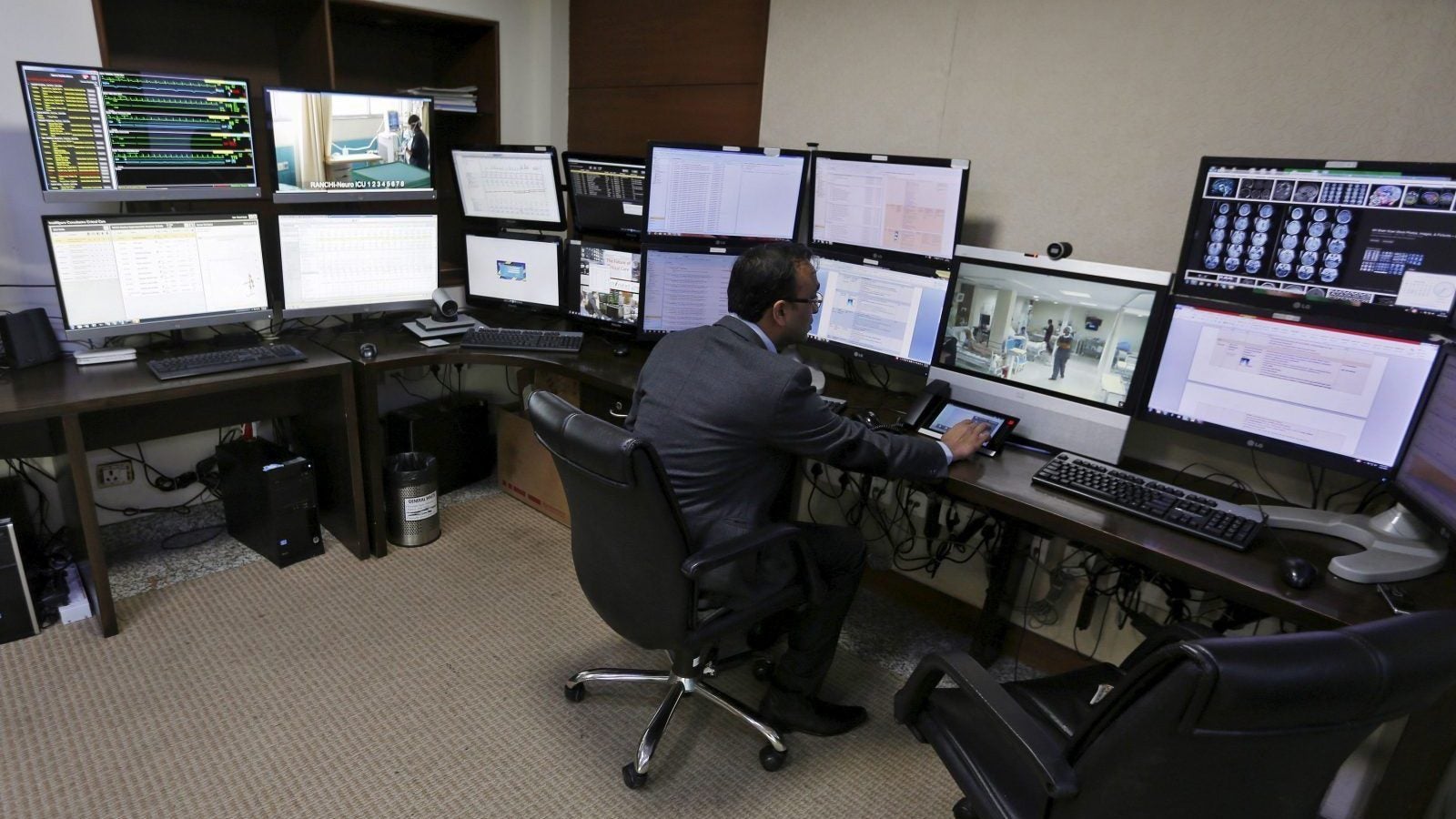India’s big AI dreams just got a reality check—from the government itself
Three months after India announced a major mission to adopt artificial intelligence (AI) for its development programmes, the Narendra Modi government has realised that things are easier said than done.


Three months after India announced a major mission to adopt artificial intelligence (AI) for its development programmes, the Narendra Modi government has realised that things are easier said than done.
In a discussion paper (pdf) released on June 04, the government’s think-tank Niti Aayog outlined India’s AI strategy, identifying five major sectors to focus on: health care, agriculture, education, smart cities and infrastructure, and smart mobility and transportation.
However, the discussion paper described a range of hurdles holding the country back. Here are some of the major ones listed by Niti Aayog:
- Low intensity of research: A lack of data hinders potential research work at homegrown companies or in the academic world. Not only is the volume of data scarce, its quality is also often deemed questionable.
- Inadequate expertise, manpower, and skilling opportunities: Unlike the US and China which have hundreds of educational programmes in data science and AI, India has next-to-nothing. Though the country churns out over a million engineers every year, a dismal 4% of AI professionals in the country have worked on cutting-edge technologies like deep learning and neural networks.
- High resource cost and low awareness: Professionals skilled in areas such as AI and data analytics come at a far higher cost than other techies in India.
- Unclear privacy and ethical regulations, unattractive intellectual property (IP) regime: In 2016, just 45,000 patents were filed in India—China registered over 1.1 million the same year. India ranked a dismal 43 out of 45 countries in the 2017 global IP index (pdf) compiled by the US Chamber of Commerce, which ranks patents, copyrights, trademarks, trade secrets and market access, enforcement, and ratification of international treaties.
- Limited adoption of AI: Nearly six in 10 companies using AI in India have deployed the tech at scale, beyond pilot and test projects. However, it is the US firms like Accenture, Microsoft, and Adobe, with innovation centres here, that are at the forefront. Less than a quarter of domestic firms are using AI in any form for their business processes. Between 2014 and 2017, AI startups in India raised less than $100 million from venture capitalists. Even those who do set up AI-based ventures struggle to find the right talent and skills.